Northern Transvaal Branch - Monthly Presentations 2021
One of the benefits of GSSA membership is the opportunity to attend a monthly talk by a knowledgeable speaker. The Northern Transvaal branch is renowned for the quality, professionalism, and relevance of its presentations on a myriad of genealogy related topics. Navigate to the presentation video, text or slide set. Each presentation is in the language of the topic. For a summary of each presentation, see below.
| Click on the ✔ to open | ||||||
|
DATE
|
SPEAKER
|
TOPIC
|
VIDEO
|
TEXT
|
SLIDES
|
CV
|
| 2021-10-09 | Nina de Caires | Aannemings en die herkomsinterpretasie van die volwasse aangenome kind | ✔ | ✘ | ✘ | ✔ |
| 2021-09-11 | Mia Rich | Food, Psalms and tunes that the VOC brought to the Cape. | ✔ | ✘ | ✘ | ✔ |
| 2021-08-14 | Germaine Smith | Genealogical Research: A few tricks to the trade (training) | ✘ | ✘ | ✘ | ✔ |
| Family Search Naairs and Cornel Viljoen | ||||||
| Session 1 (NAAIRS, basic FamilySearch, Cornel Viljoen spreadsheet & website) |
✔ | ✔ |
✘ | ✘ | ||
| AccessingLDSCatalog Civil registrations | ||||||
| Session 2 (Unindexed records on FamilySearch catalogs) | ✔ | ✔ |
✔ |
✘ | ||
| 2021-07-10 | Dr. Liza-Mari Coetzee | Verengelsing aan die Kaap na die Britse bewindsoorname | ✔ | ✘ | ✔ | ✔ |
| 2021-06-12 | Arnold van Dyk | Kindersterftes in die konsentrasiekampe tydens die ABO | ✔ | ✘ | ✘ | ✔ |
| 2021-05-08 | Wendy Cox | Die Argief: 'n Historiese perspektief | ✔ | ✘ | ✔ | ✔ |
| 2021-04-10 | Jaco Strauss | Kaap-Nederlandse DNS-projek | ✔ | ✘ | ✔ | ✔ |
| Vrae en antwoorde | ✔ | ✘ | ✘ | ✘ | ||
| 2021-03-13 | Aubrey Springveldt | Ons slawe-voorouers? | ✔ |
✔ |
✘ | ✔ |
| 2021-02-13 | Carol Delaney |
My 1820 Settler's Story |
✘
|
|||
|
PRESENTATIONS OF PREVIOUS YEARS
|
||||||
| 2023 | Gauteng North Branch - Monthly Presentations | |||||
| 2022 | Northern Transvaal Branch - Monthly Presentations | |||||
| 2021 | Northern Transvaal Branch - Monthly Presentations | |||||
| 2020 |
Northern Transvaal Branch - Monthly Presentations |
|||||


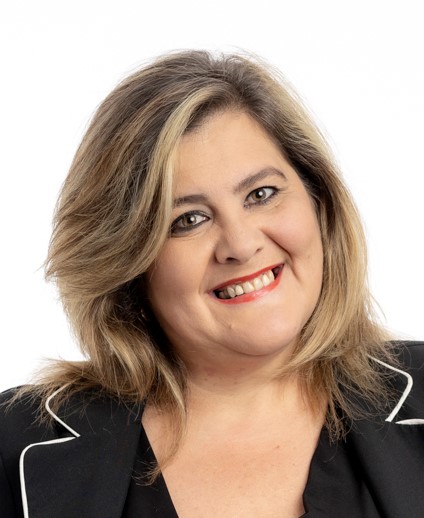 Nina de Caires. 09 October, 2021
Nina de Caires. 09 October, 2021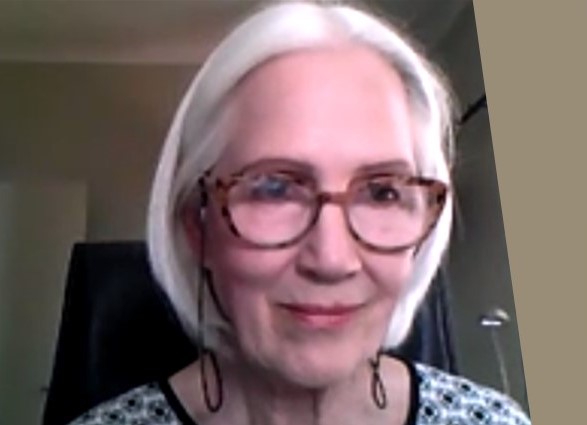 Mia Rich, 11 September 2021
Mia Rich, 11 September 2021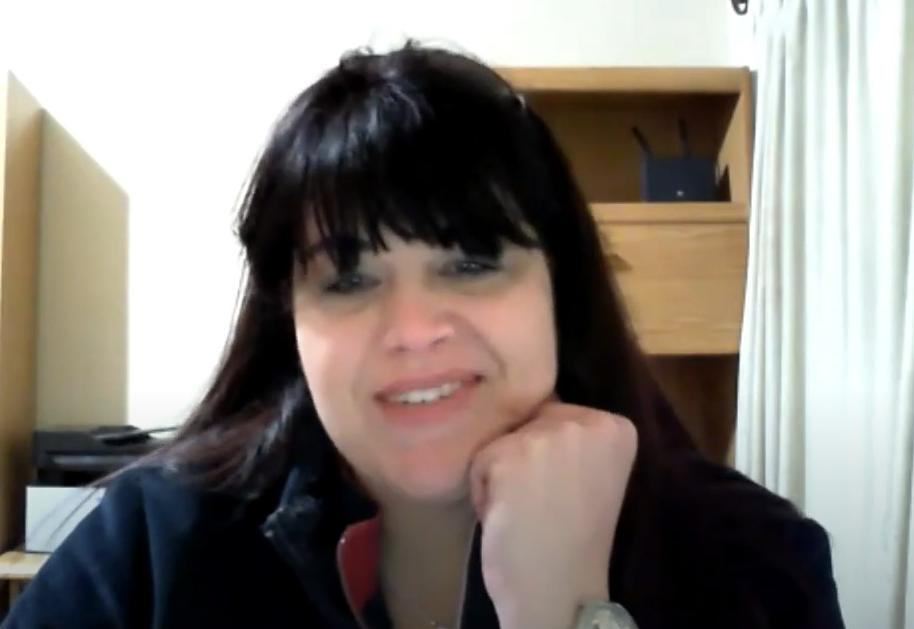 Germaine Smith, 14 August 2021
Germaine Smith, 14 August 2021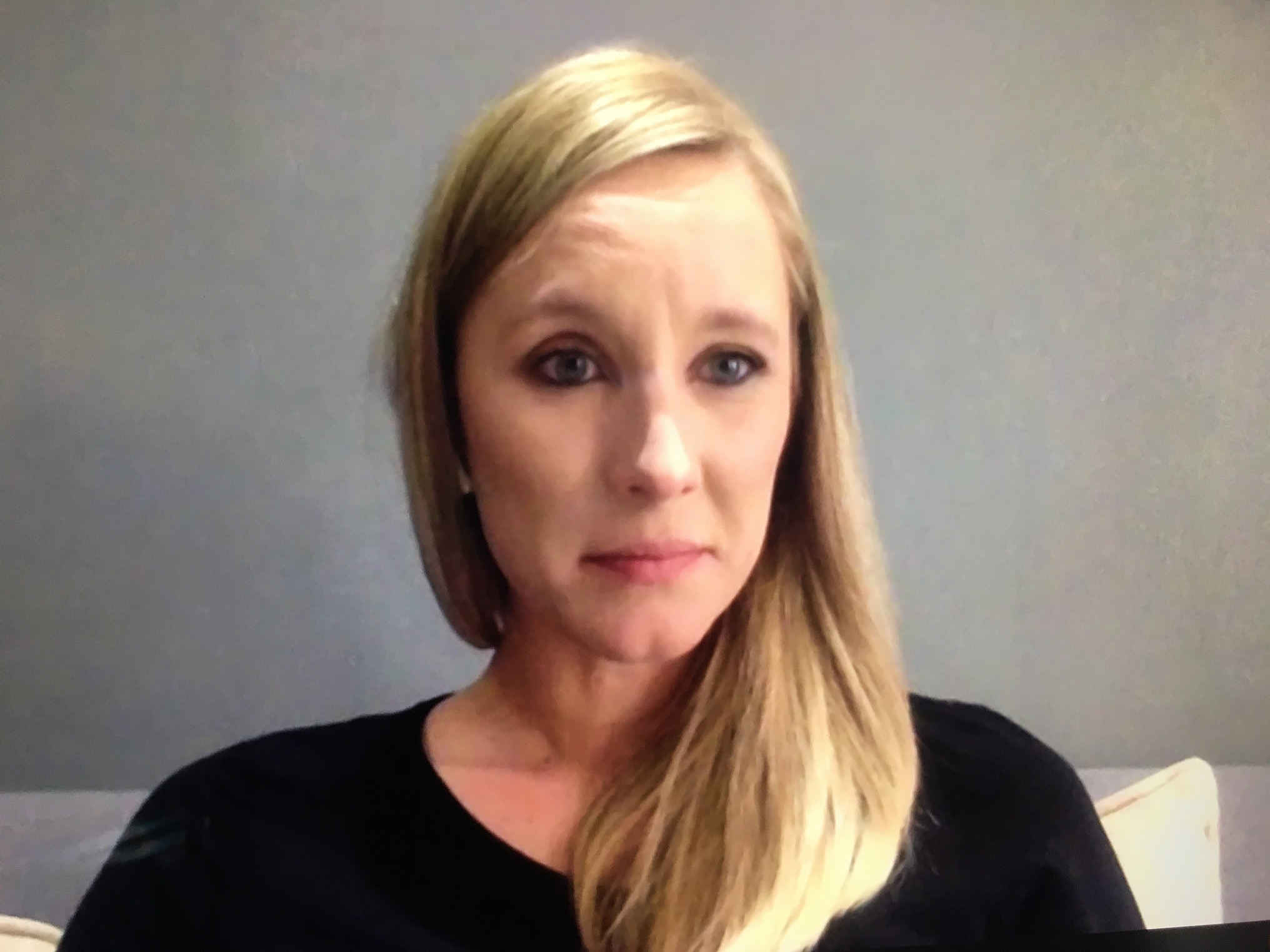
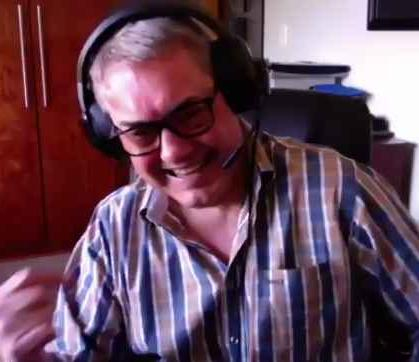
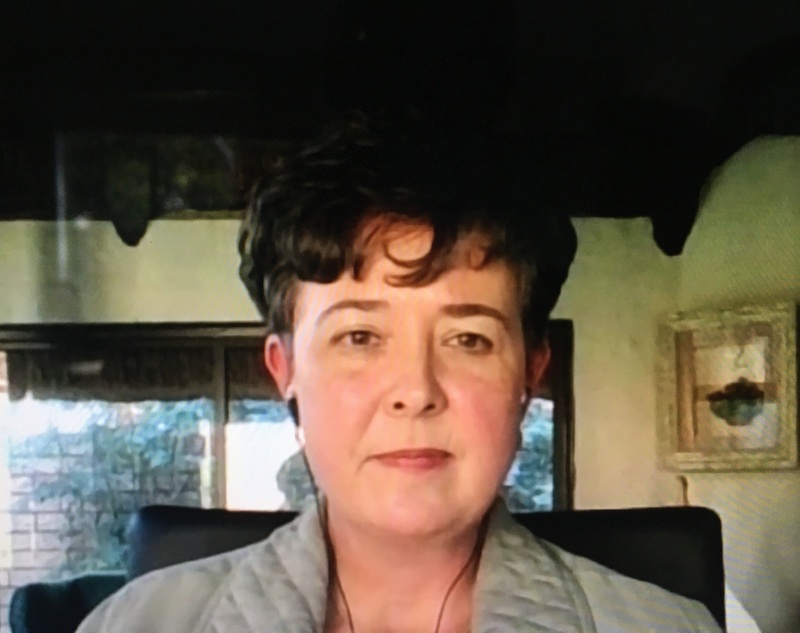 Wendy Cox , 08 May 2021
Wendy Cox , 08 May 2021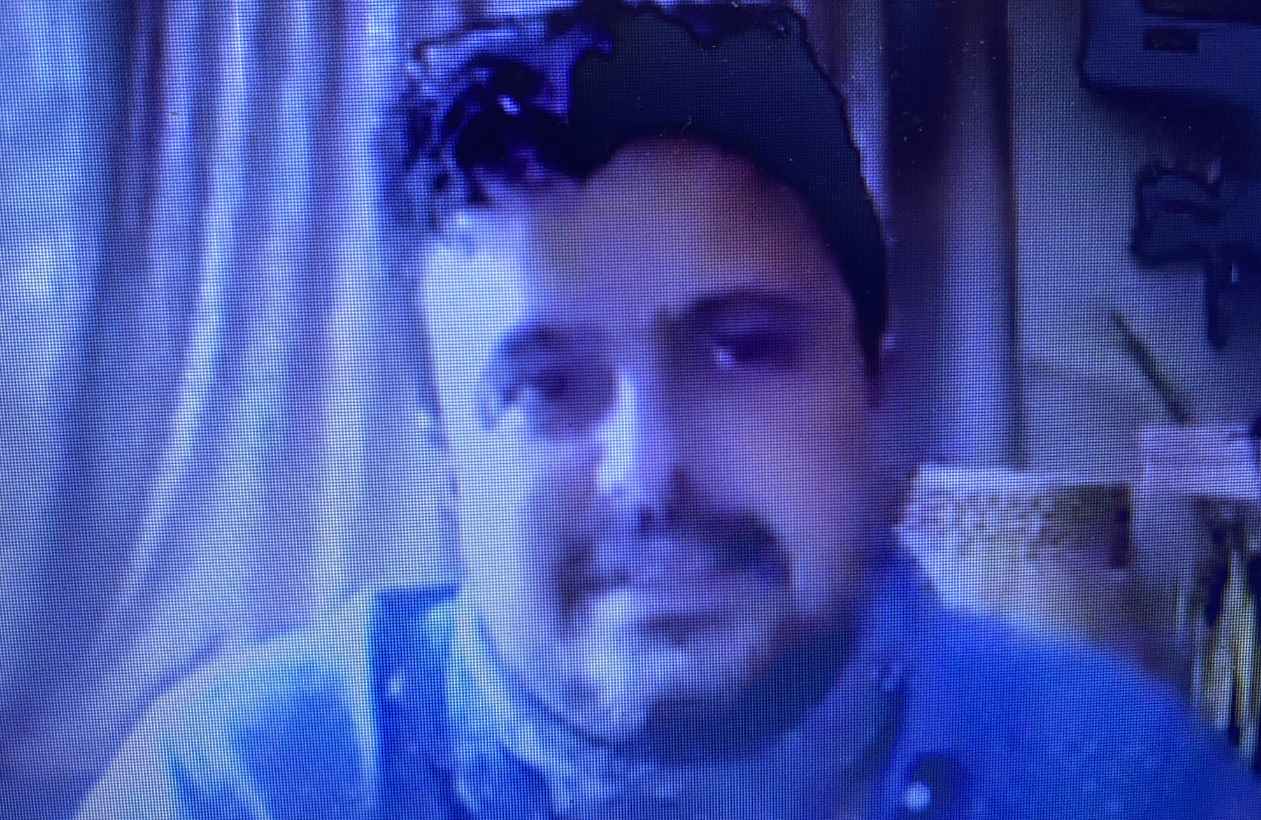 Jaco Strauss , 10 April 2021
Jaco Strauss , 10 April 2021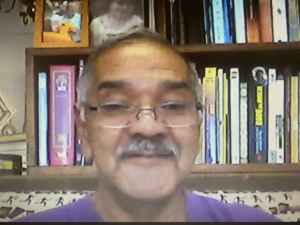 Aubrey Springveldt, 13 March 2021
Aubrey Springveldt, 13 March 2021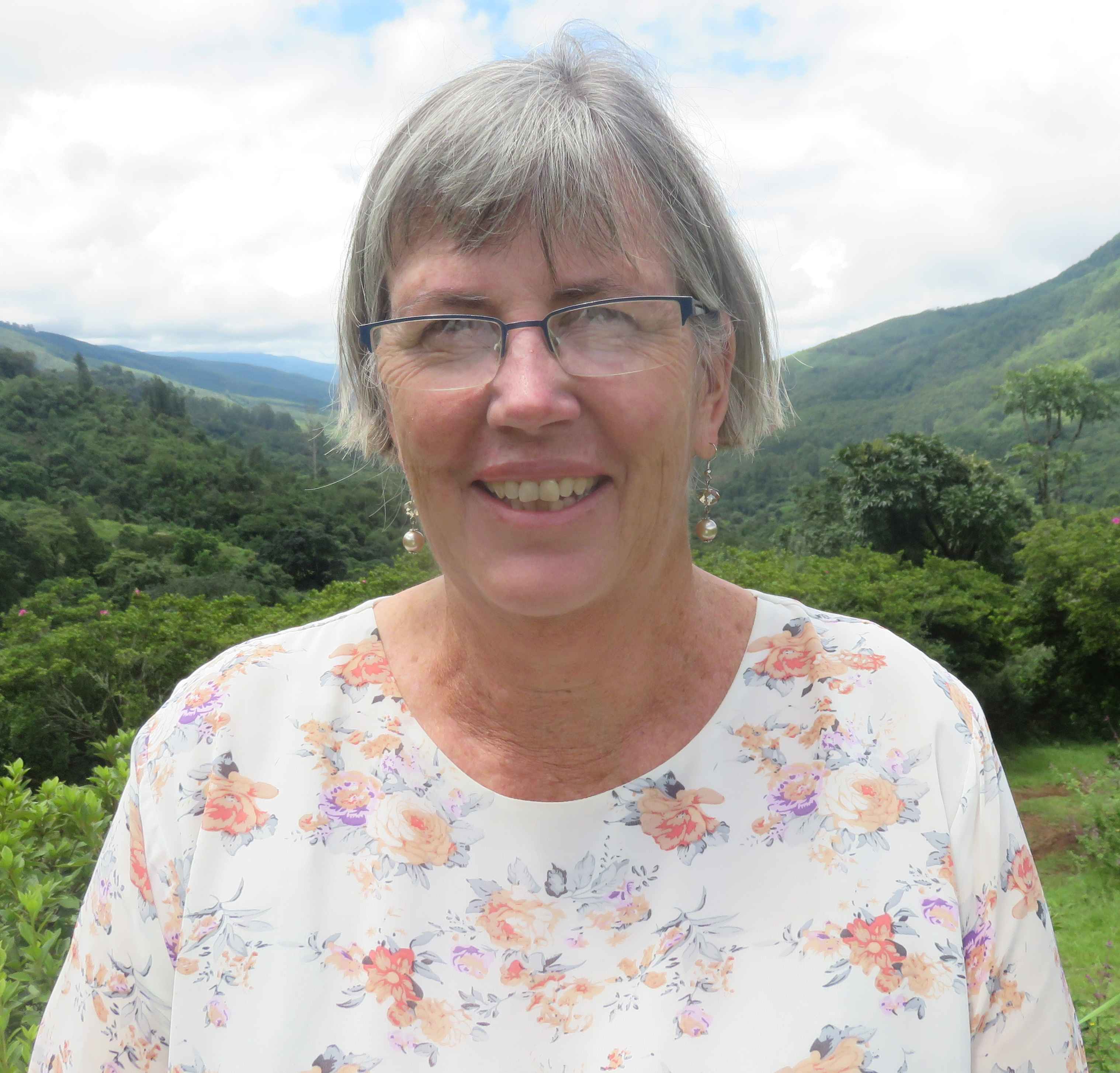 Carol Delaney, 13 February 2021
Carol Delaney, 13 February 2021